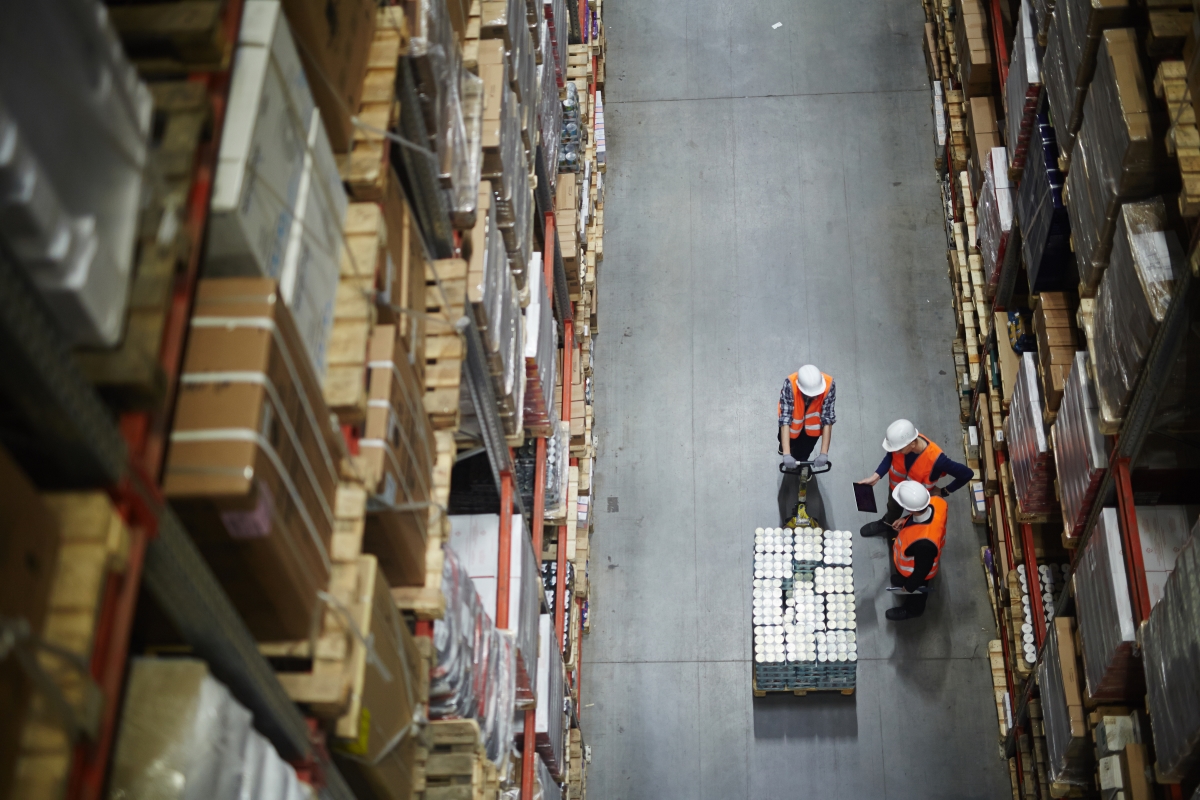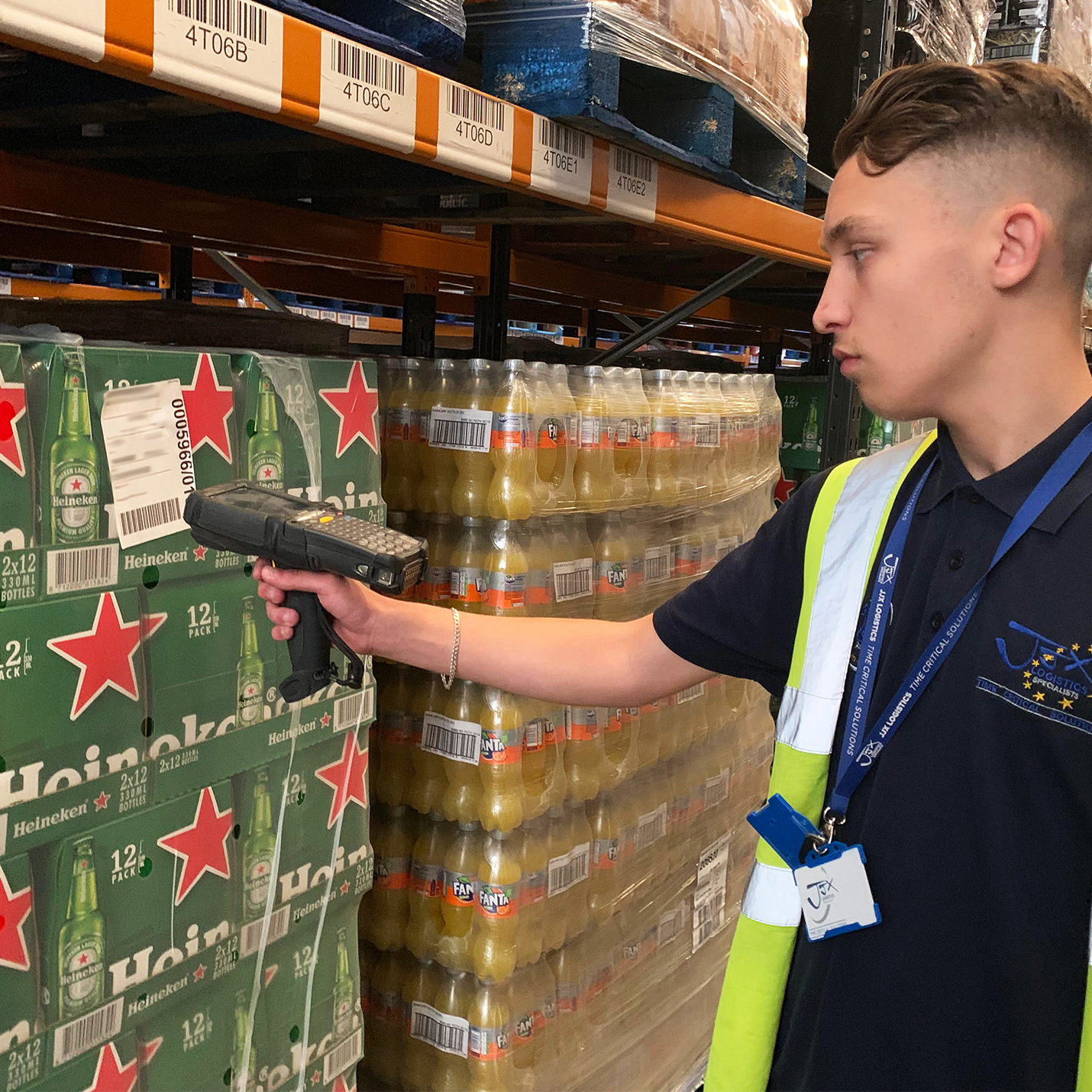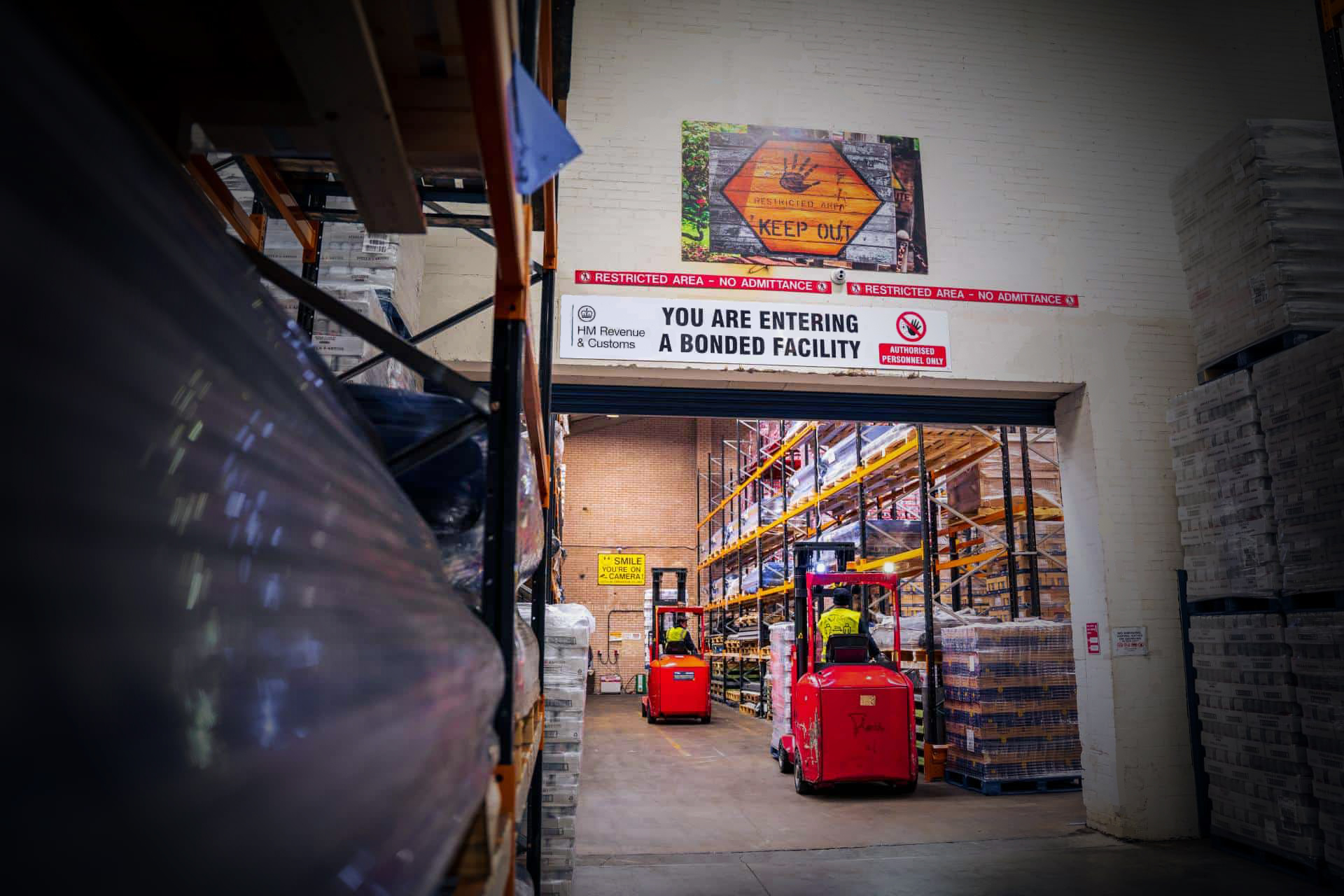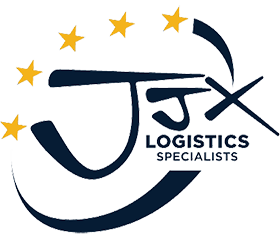A bonded warehouse is a facility where you can store imported goods without paying duties or taxes until they are ready to be released for distribution. It provides a secure and controlled environment for storing goods that have not yet cleared customs. By using bonded storage, you can defer the payment of customs duties and taxes until the goods are taken out for sale or consumption.
This can be advantageous for businesses as it helps to manage cash flow and reduce costs. Bonded warehouses are usually operated by private companies or third-party logistics providers who have obtained a licence from the government. These warehouses are subject to strict security and inventory control measures to ensure the integrity of the goods stored within.
Why Use a Bonded Warehouse?
If you frequently import goods and want to defer the payment of customs duties and taxes, you should consider using a bonded warehouse. A bonded warehouse provides several benefits for importers.
- It allows you to store your goods without immediately paying customs duties and taxes. This can be especially advantageous if you have a high volume of imports or if cash flow is a concern.
- Using a bonded warehouse can help streamline your supply chain operations. With goods stored in a bonded warehouse, you have the flexibility to release them for distribution as needed, ensuring a smooth flow of inventory.
- A bonded warehouse may offer added security for your goods, as they are closely monitored and protected by customs authorities.
Utilising a bonded warehouse can provide financial benefits, operational efficiency and peace of mind for importers.

Wet and Dry Bonded Warehouses
A ‘wet’ bonded warehouse is a facility that is licensed to store imported goods subject to excise duty. These warehouses are specifically designed to handle goods that are liable for excise duty, which is a tax imposed on certain types of goods, such as alcohol, tobacco and fuel. A wet bonded warehouse allows businesses to store their imported wet goods securely while they await further transportation or sale, without having to pay the excise duty immediately.
A ‘dry’ bonded warehouse is a facility that stores general goods subject to customs duty and VAT, excluding excise duty. Unlike a wet bonded warehouse, a dry bonded warehouse is not permitted to store goods that require excise duty and is intended for more general goods.
What Goods are Eligible for Storage in a Bonded Warehouse?
For eligibility in bonded warehousing, goods must originate from a foreign customs territory, be kept under customs control and be subject to customs duties and/or import VAT.
You can store a wide variety of goods in a bonded warehouse. Goods that are subject to high import duties or taxes are commonly stored to defer payment until they are ready to be released into the local market.
Common goods found in bonded warehouses include:
-
Alcohol and Spirits: Importers often store alcoholic beverages in wet bonded warehouses to defer the payment of excise duties until the products are sold.
-
Tobacco Products: Like alcohol, cigarettes and other tobacco products are frequently stored in wet bonded warehouses to delay the payment of applicable duties.
-
Electronics: High-value electronic goods, such as smartphones, laptops and other gadgets, may be stored in dry bonded warehouses to manage taxes and other costs.
-
Perfumes and Cosmetics: Fragrances, cosmetics and other beauty products may be stored in bonded warehouses to delay duty payments until the products are distributed.
-
Automotive: Imported cars and components such as batteries may be stored in bonded warehouses to defer customs duties until they are sold, exported or required in production.
-
Textiles and Apparel: Clothing, fabrics and textiles may be kept in bonded warehouses to manage customs costs or optimise supply chains.
-
Raw Materials for Manufacturing: Businesses may store raw materials in bonded warehouses to delay duty payments until the materials are used in the manufacturing process or exported.
-
Coffee and Tea: Imported coffee and tea may be stored in bonded warehouses to defer the payment of import duties until the products are distributed.
-
Industrial Machinery: Heavy machinery and equipment imported for industrial purposes may be stored in bonded warehouses to help streamline supply chain costs.
-
Luxury Goods: High-end goods such as watches, jewellery and designer items may be stored in bonded warehouses to manage customs duties and taxes.

Requirements for Operating a Bonded Warehouse
Before commencing operations, warehouse operators must apply for Customs Warehouse Approval from HM Revenue & Customs (HMRC). This approval ensures that the warehouse meets all the necessary requirements and regulations. Additionally, a warehouse operator would need to acquire an Alcohol Wholesaler Registration Scheme (AWRS) registration if there is a plan to store or distribute alcohol from a wet bonded warehouse. This registration is essential for compliance with the UK's alcohol licensing laws. Furthermore, there might be a need to obtain additional permits or licences depending on the type of goods planned for storage in the warehouse.
Responsibilities of Bonded Warehouse Operators
Once approved and licensed, a bonded warehouse operator must comply with HMRC regulations, maintain proper storage and follow laws to avoid penalties. This includes implementing security measures to prevent theft, damage or unauthorised access to the bonded goods.
The operator is also tasked with maintaining accurate records of all incoming and outgoing goods, including essential documentation like customs declarations and invoices. Furthermore, the operator bears the responsibility of conducting regular inventory checks to verify stock levels' accuracy and prevent any discrepancies.
Wet Bonded Storage at JJX
JJX logistics is proud to offer distributors wet bonded storage solutions at our site in the West Midlands. Our team of friendly professionals is well-versed in the intricacies of customs regulations, ensuring the meticulous preparation and processing of all necessary paperwork.
Recognising that even minor documentation errors can result in delays and penalties, we leave no room for mistakes. Our commitment to compliance and precision guarantees the secure storage of your goods and their timely release for distribution, minimising unnecessary delays.
Possessing extensive experience in their respective fields, each member is fully qualified in customs compliances and practices, having undergone top-notch training from the Chartered Institute of Logistics and Transport. Our expertise allows us to navigate the complexities of customs regulations with confidence, providing you with the assurance that your goods are in capable and secure hands.

We're ready when you need us

